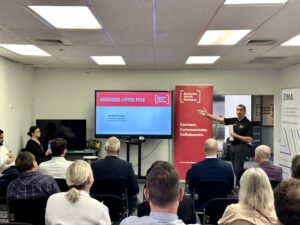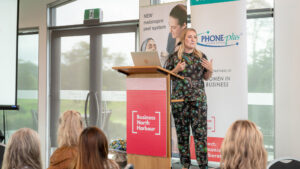The Ministry of Health has updated its guidance on reinfection following a review of international and local evidence about immunity and the emergence of new variants in Aotearoa New Zealand.
Reports of possible reinfection in Aotearoa New Zealand have increased over the last few months, corresponding to the spread of Omicron in the community. It’s likely that this will increase as new subvariants begin to circulate more widely.
The previous clinical guidance on managing possible COVID-19 reinfection was issued on 5 May 2022. At that time, we recommended no further testing, even if symptomatic, within 90 days of a prior infection. This advice aligned with the COVID-19 Public Health Response (Self-isolation Requirements and Permitted Work) Order 2022, which didn’t allow a person to be defined as a COVID-19 case again within 90 days of first becoming a case.
The Order has now been updated, which enables a person who tests positive for COVID-19 again within 29-90 days of first becoming a case, to be considered a new case.
Key messages on Reinfection advice:
• The Ministry of Health has updated its advice on getting infected again with COVID-19 within 90 days of a previous COVID-19 infection, in light of increasing evidence that reinfections can occur earlier than 90 days.
• If a person develops new COVID-19 symptoms, and it’s 29 days or more since their previous infection, it’s possible that it’s a reinfection with COVID-19 and they should take a rapid antigen test.
• If it is 28 days or less since the last infection, there’s no need to test.
• The latest evidence shows that getting COVID-19 again within a short period of time can happen. But it’s unclear how common it is. Reinfection is also more likely as new variants spread among the community.
• COVID-19 like symptoms may well be caused by other infections like the common cold, flu or a chest infection.
• For most people illness caused by reinfection is likely to be no more severe than a first infection, but they can experience different symptoms.
• Evidence on reinfections is evolving rapidly. We are constantly monitoring what’s happening internationally and updating our guidance to ensure it is in line with the latest public health advice.
Public Advice on Reinfection:
• If you’ve had COVID-19 in the last 28 days and feel unwell with COVID-19 symptoms again, you don’t need to take a RAT. It’s likely your symptoms relate to the initial infection or are caused by a different viral infection. Stay home and recover.
• If you get new COVID-19 symptoms and it is 29 days or more after your first infection you should take a RAT and follow advice for a first infection. Don’t forget to record your RAT result positive or negative on MyCovidRecord
• If you test positive for COVID-19 at 29 days or more, this will be treated as a reinfection and you must isolate for 7 days while you recover. Day 0 is the day your symptoms started or when you tested positive, whichever came first.
• If your result is negative, you might still have COVID-19 but your symptoms could also be caused by another infection such as the flu or another virus.
• If your symptoms continue you should repeat a RAT test 48 hours later. If this is still negative, then stay at home until at least 24 hours after your symptoms resolve.
• At the start of a COVID-19 infection it may take some days before a RAT can detect the virus, even if you have symptoms. Please stay home and retest again 48 hours later if you still have symptoms.
• If you test positive and have underlying conditions or feel your symptoms are getting worse, call Healthline on 0800 358 5453 or your doctor/healthcare provider.
• Your household contacts will also need to isolate until your 7 days are complete as long as they have no new or worsening symptoms, and a negative day 7 test.
• They will not need to isolate if they have had COVID-19 in the last 90 days and are recovered or if they have completed their isolation as a household contact in the last 10 days. • Household contacts should watch for symptoms and if any develop, isolate take a RAT test, and Follow the advice above. They should still take precautions when out and about, wearing a mask when indoors; not visiting places with vulnerable people like aged care and disability facilities, and hospitals; and avoiding crowded indoor events.
Source: Ministry of Health
CoronavirusCOVID-19economyhealth




